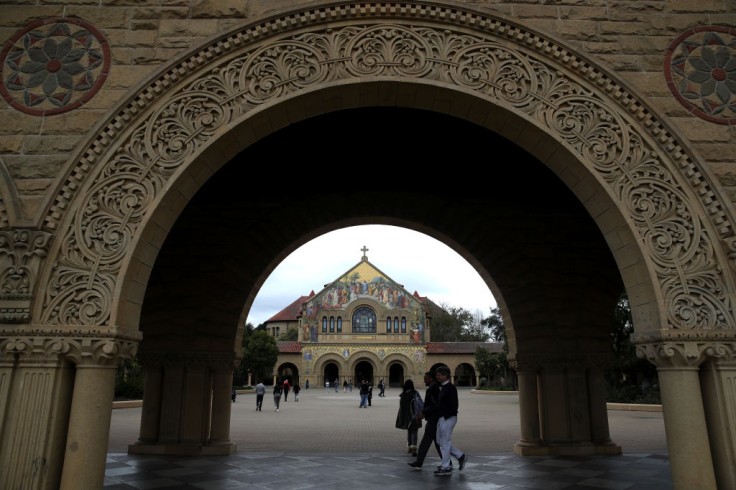Yale and Stanford Back Harvard in Standoff Over Academic Freedom and Federal Funding
By
Harvard President Alan Garber's statement, "The Promise of American Higher Education," released on April 14, rejected federal directives to audit viewpoints and revise campus policies, arguing they threaten the core principles of free inquiry. The administration retaliated by freezing $2.3 billion in Harvard's research grants, part of a broader push targeting Columbia, Cornell, and Northwestern over similar issues. Harvard's defiance, backed by its $52 billion endowment, has now inspired a coalition of support from peer institutions.
Stanford President Jonathan Levin and Provost Jenny Martinez issued a statement praising Harvard's stance as "rooted in the American tradition of liberty, a tradition essential to our country's universities, and worth defending." They criticized the government's approach, arguing that constructive change cannot come from "destroying the nation's capacity for scientific research, or through the government taking command of a private institution."
Yale's American Association of University Professors (AAUP) chapter and faculty echoed this sentiment in an open letter, urging their administration to resist "extraordinary attacks" on free expression, association, and academic freedom. "We stand together at a crossroads," they wrote, calling for collective defense against political threats to university self-governance.
The support comes as the Trump administration intensifies pressure on universities, demanding changes to academic departments and protest policies while threatening to withhold billions in funding. Former President Barack Obama lauded Harvard's example, condemning the administration's "unlawful and ham-handed attempt to stifle academic freedom" and urging other institutions to follow suit.
The stakes are high. Harvard's funding freeze jeopardizes research in critical fields like medicine and technology, and the administration has hinted at stripping the university's tax-exempt status. Smaller institutions, lacking Harvard's financial cushion, face even greater risks. Yet, the growing alliance signals a potential turning point. Princeton's President Christopher Eisgruber has also vowed to defend academic freedom, while Columbia has cautiously complied with some demands but maintained its commitment to free inquiry.
This unified front underscores a broader debate: how should universities balance accountability with autonomy? Critics of the administration argue its demands—rooted in allegations of unchecked antisemitism—mask an ideological agenda to control curricula and silence dissent. Supporters, like White House spokesperson Harrison Fields, insist universities must address civil rights violations. Harvard, Yale, and Stanford counter that true progress comes from open dialogue, not federal mandates.
As Harvard prepares for a legal battle, backed by high-profile attorneys, the support from Yale and Stanford strengthens its resolve. The outcome could redefine the relationship between government and academia, determining whether American universities remain independent engines of innovation or bend to political will. For now, these Ivy League giants are united in their message: the promise of higher education is worth fighting for.
© 2025 University Herald, All rights reserved. Do not reproduce without permission.








